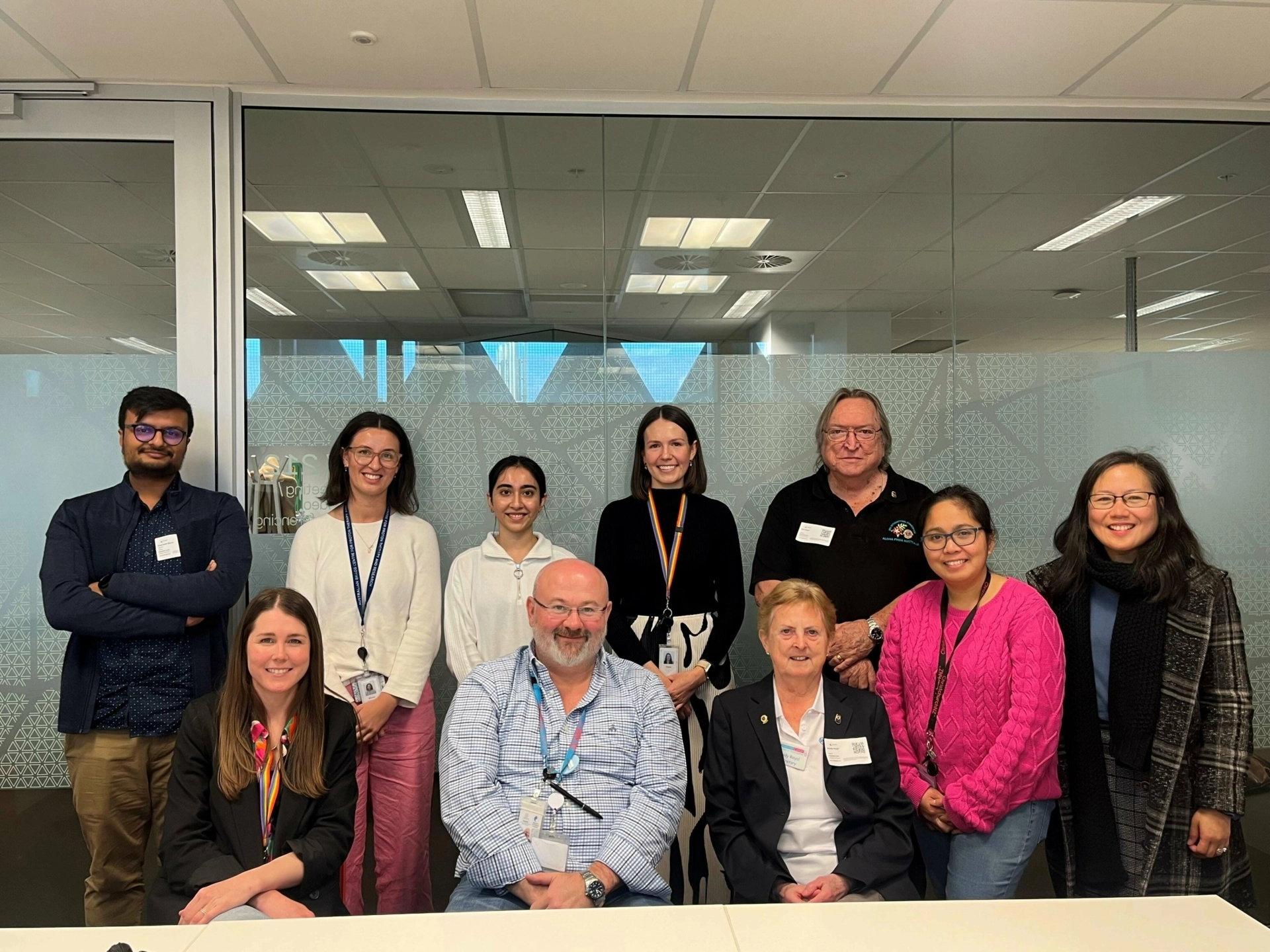Project Status: In progress
Project administered by: SAHMRI
With new advances in molecular biology, we can now further investigate brain cancers, revealing the underlying causation of the disease and begin to better risk stratify to perhaps prevent late effects.
Numerous studies have now been completed that accurately classify brain tumour types using these tools that have revolutionised cancer diagnosis around the world.
However, none of these studies have linked survivorship data with the changes found in the DNA, a shortcoming our project will specifically address. Our goal is to identify the factors that determine the severity of late effects in individual childhood brain cancer survivors. Until now, we have limited knowledge of how and why cancer treatments cause varying degrees of late effects within survivors.
- Why do patients with the same diagnosis undergoing the same treatment regimens have drastically varying late effects?
- Why do some go on to lead fulfilling adult lives while others do not? Is it due to their genetic makeup?
- Can we identify predictors of adverse patient outcomes, including overall survival and late effects of treatment?
Project Leader
PARTNERING INSTITUTIONS
University of Queensland


